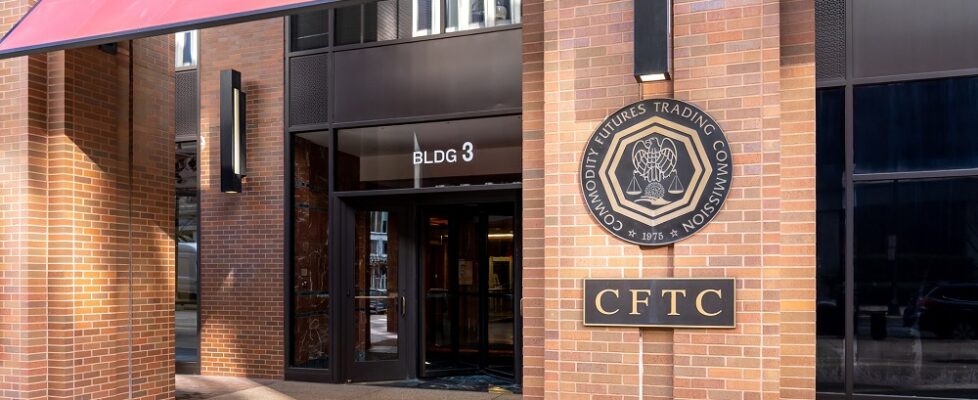BitMEX co-founder seeks to dismiss CFTC allegations
Ben Peter Delo, one of the co-founders of BitMEX, is seeking to be dismissed from a case brought by the United States Commodity Futures Trading Commission (CFTC). This becomes clear from documents filed by Delo with the New York Southern District Court on September 17, 2021, and seen by FX News Group.
The CFTC complaint alleges that from at least November 2014 through the present, and at the direction of Arthur Hayes, Ben Delo, and Samuel Reed, BitMEX has illegally offered leveraged retail commodity transactions, futures, options, and swaps on cryptocurrencies including bitcoin, ether, and litecoin, allowing traders to use leverage of up to 100 to 1 when entering into transactions on its platform.
According to the complaint, BitMEX has facilitated cryptocurrency derivatives transactions with an aggregate notional value of trillions of dollars, and has earned fees of more than over $1 billion since beginning operations in 2014. Yet, as alleged in the complaint, BitMEX has failed to implement the most basic compliance procedures required of financial institutions that impact U.S. markets.
The complaint charges BitMEX with operating a facility for the trading or processing of swaps without having CFTC approval as a designated contract market or swap execution facility, and operating as a futures commission merchant by soliciting orders for and accepting bitcoin to margin digital asset derivatives transactions, and by acting as a counterparty to leveraged retail commodity transactions. The complaint further charges BitMEX with violating CFTC rules by failing to implement know-your-customer procedures, a customer information program, and anti-money laundering procedures.
As alleged in the complaint, BitMEX touts itself as the world’s largest cryptocurrency derivatives platform, with billions of dollars’ of trading volume each day. Much of this volume, and related transaction fees, derives from the operation of the platform from the U.S. and its extensive solicitation of and access to U.S. customers, the complaint alleges. Nevertheless, BitMEX has failed to register with the CFTC, and has failed to implement key safeguards required by the CEA and CFTC’s regulations designed to protect the U.S. derivatives markets and market participants.
In his response to the CFTC’s complaint, Delo notes that he is a foreign, minority owner and non-CEO executive of a company organized in a foreign jurisdiction. Delo argues that personal jurisdiction over him is lacking, and the Due Process Clause of the U.S. Constitution requires that he be dismissed from this action.
The Complaint asserts “controlling person” claims against Delo and two individual co-defendants, Arthur Hayes and Samuel Reed, based upon broad allegations of joint control of BitMEX and an alleged joint decision to cause BitMEX to engage in conduct that violated the law. According to Delo, this group-pleading approach is an inadequate basis to assert personal jurisdiction over him.
Delo asserts that the CFTC knew from its pre-filing investigation that he lacked any connections to the United States, and thus the Complaint fails to identify any plausible basis for asserting personal jurisdiction over him. In pre-filing submissions preceding this motion, the CFTC argued that Mr. Delo’s joint control over BitMEX, his involvement in BitMEX’s so-called “availment” of U.S. markets, and his alleged principal-agent relationship with certain BitMEX-affiliated operations and functions in the United States permitted the assertion of personal jurisdiction. These arguments cannot salvage the Complaint’s defective personal jurisdiction allegations, Delo says.
He notes that there are no individualized allegations specific to him that show he personally had the power to control BitMEX. Also, according to Delo, the Complaint does not include any nonconclusory factual allegations that would support a reasonable inference that he was responsible for any alleged decision to evade CFTC registration or KYC and AML requirements.
The lawsuit continues at the New York Southern District Court.




